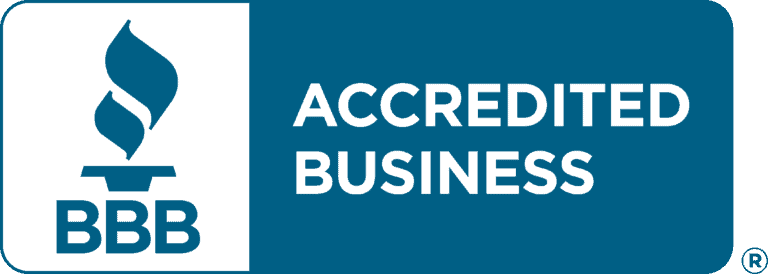 Accountant |  Certified Financial Officer |  Expense Reduction Consultant |
|---|---|---|
| Compiles your companies financial statements from client-provided data. | Plans, considers and decides how financial transactions will be booked, consistent with the objectives and strategies of the business. | Compiles individual spend category analysis reviewing each item purchased by vendor from client and vendor provided data. |
| Works mostly in the past– using the historical data from your business | Plans, forecasts, budgets and projects the future financial performance of the company conforming to the company’s objectives, strategies and capacity to perform. | Works totally in the past from historical data. Using this data a baseline report is created to establish a level to measure from. |
| Delivers updated financials weeks or months after the close of an accounting period(month, quarter, or year) | Focuses on a clean, quick, and complete closing of the books within days of the end of the period. Generally monitors on a daily or weekly real-time basis key indicators of performance. | Delivers comparative savings reports illustrating an implementation strategy on how to effect savings. |
| Compiles financial statements in accordance with tax and regulatory requirements and practices consistent with the type of business operated. | Analyzes results in the context of the company’s objectives, strategies, and owners’ intent for the business. Establishes key indicators that provides early warning for management based on the above criteria. | Compiles monthly savings performance reports after the close of the accounting period detailing each item purchased, savings achieved as well as any items that might be problematic. |
| The financial statements compiled can be relied upon by third parties, such as banks, creditors and investors. | Works to maximize the value of the business for the owners while remaining within loan covenants, creditor requirements and other financial restrictions. | Maintains good communication with your vendors so that the value received and service levels promised are maintained. |
| Assumes you (the owner or CEO) are going to read and understand the financial statements as delivered. | Makes certain you (the owner or CEO) understand the financials, the trends and the issues they identify. Reviews them line by line with you, if necessary. | Has, at a minimum, a quarterly meeting with you (the owner,CEO or management team) to review the results and to address any concerns. |
| Does what they are hired to do – generally Bookkeeping,Taxes and Audits – which could also including mid-year tax planning, quarterly estimates, and appropriate posting of expenses. | Does what he’s hired to do – help you strategize, plan and operate your business to your maximum financial advantage. | Does what he’s hired to do – recover overpaid expenses and reduce the chosen spend categories going forward. |
| Is compensated regardless of success or failure of your business. | Is compensated regardless of success or failure of your business. | Is compensated solely on sharing in the success of finding your company savings. If they cannot find overpayments or save you money, you pay no fees. |






